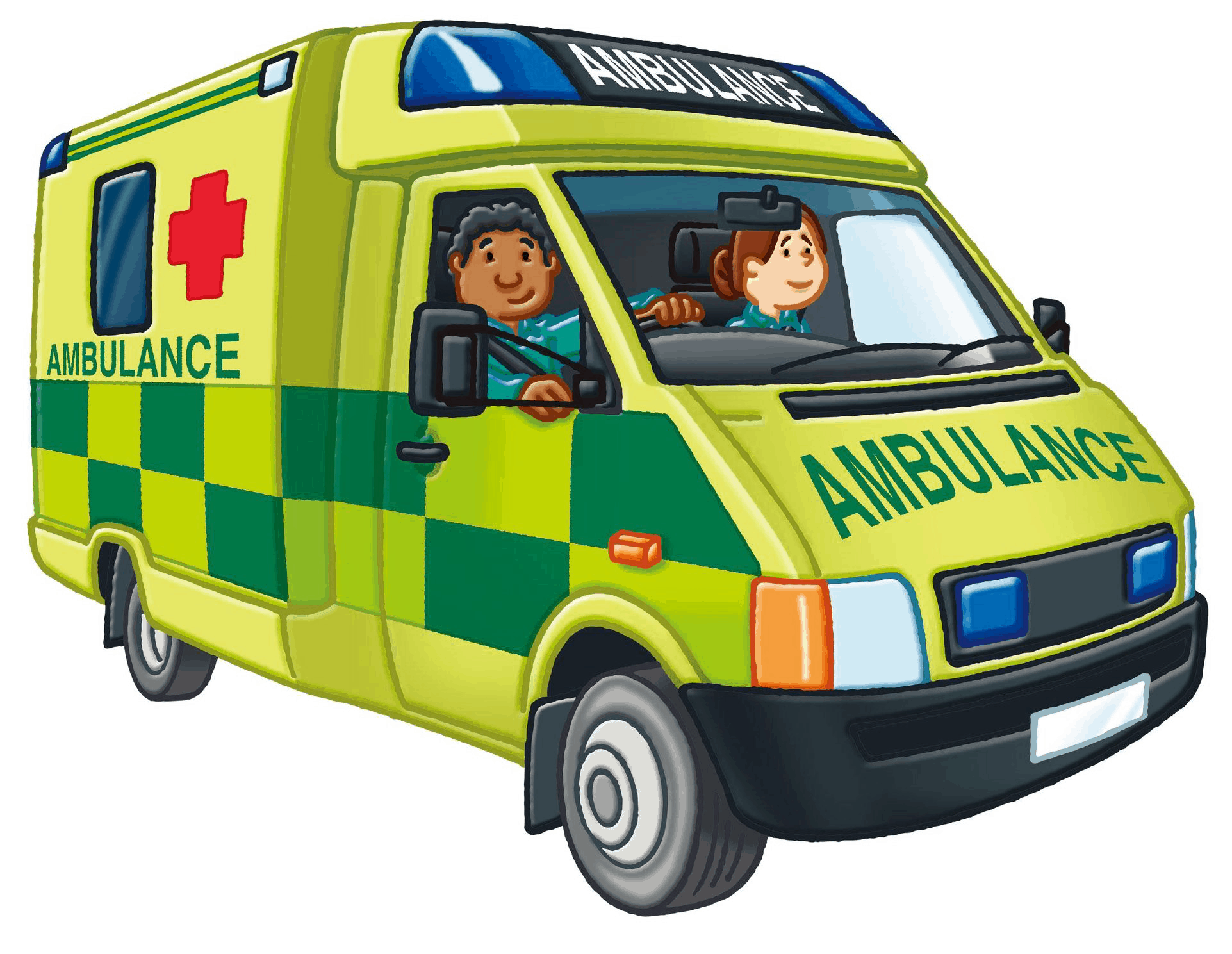
At some point, most people will either witness or be involved in an accident or experience a medical emergency.
Knowing what to do next and who to call can potentially save lives.
Life-threatening emergencies
Call 999 in a medical emergency. This is when someone is seriously ill or injured and their life is at risk.
Medical emergencies can include:
loss of consciousness
an acute confused state
fits that aren’t stopping
chest pain
breathing difficulties
severe bleeding that can’t be stopped
severe allergic reactions
severe burns or scalds
Call 999 immediately if you or someone else is having a heart attack or stroke. Every second counts with these conditions.
Also call 999 if you think someone has had a major trauma, such as after a serious road traffic accident, a stabbing, a shooting, a fall from a height, or a serious head injury.
What happens when I call 999?
If it’s a genuine emergency, where someone is seriously ill or injured and their life is at risk, call 999 and don’t panic.
You can contact emergency services via SMS if you’re deaf, hearing impaired or have a speech impediment.
Visit the emergencySMS website for more information or to register your phone.
1. Answer the questions
Once you’re connected to a call handler, you’ll have to answer a series of questions to establish what’s wrong, such as:
Where are you (including the area or postcode)?
What phone number are you calling from?
What has happened?
This will allow the operator to determine the most appropriate response as quickly as possible.
Dialling 999 doesn’t necessarily mean an ambulance will be dispatched. The call handler will decide what’s appropriate.
It may be safe enough for you to be seen elsewhere, or you can be given telephone advice by a medically trained clinical adviser.
An ambulance will be sent if it’s a life-threatening emergency.
Response units that could be dispatched include:
an emergency ambulance
a rapid response vehicle or motorbike
a cycle response unit
a community first responder
a combination of the above
2. Don’t hang up yet
Wait for a response from the ambulance control room. They might have further questions for you, such as:
What’s the age, gender and medical history of the patient?
Is the person awake or conscious and breathing?
Is there any serious bleeding or chest pain?
What is the injury and how did it happen?
The person handling your call will let you know when they have all the information they need.
You might also be given instructions about how to give first aid until the ambulance arrives.
How you can assist the ambulance crew
There are a number of things you can do to assist the ambulance service.
For example, stay calm and:
if you’re in the street, stay with the patient until help arrives
call the ambulance service back if the patient’s condition changes
call the ambulance service back if your location changes
if you’re calling from home or work, ask someone to open the door and direct the paramedics to where they’re needed
lock away family pets
if you can, write down the patient’s GP details and collect any medication they’re taking
if you can, tell the paramedics about any allergies the patient has
If appropriate, you may want to call the patient’s GP. The GP may meet you at the A&E department, or call with important information about the patient.